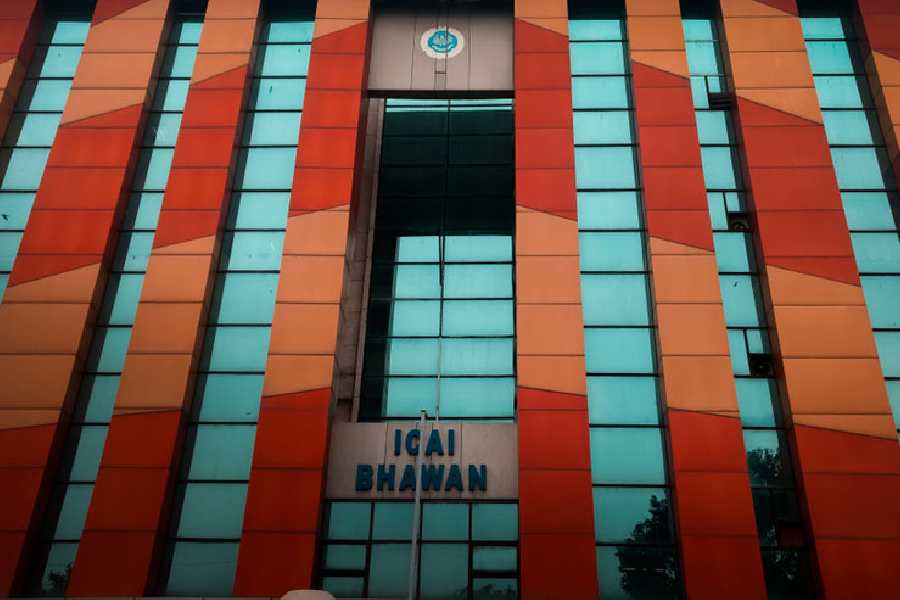The country’s top accounting bodies are at odds over a proposed overhaul of audit standards that could concentrate work in the hands of a few large firms.
The Institute of Chartered Accountants of India (ICAI) has criticized the National Financial Reporting Authority's (NFRA) plan to revise SA 600, a standard governing audits of companies with subsidiaries and associates.
The ICAI argues that the changes could adversely impact small and medium-sized CA firms.
"The proposed changes could lead to concentration of audit work in the hands of a few large firms," said a spokesperson for the ICAI. "This would be detrimental to the competitiveness and diversity of the auditing profession in India."
The NFRA has proposed revisions to Standard of Auditing (SA) 600, which applies to audits of companies with subsidiaries and associates. The proposed changes aim to strengthen the group auditor's responsibility for the overall audit.
The ICAI, however, believes that the revision could lead to the concentration of audit work in the hands of a few large firms. It also argues that the proposed changes could create an unusual situation for group auditors, who would need to judge the competency of component auditors across various sectors governed by distinct regulatory frameworks.
The NFRA has defended its proposed changes, saying that they will only apply to a small percentage of registered companies and that the concerns raised by the ICAI have been dispelled by data.
The clash between the two bodies highlights the ongoing debate over auditing standards in India and the challenges faced by small and medium-sized CA firms.
The ICAI has called for a pause in the revision process to allow for a comprehensive review and discussion with all relevant stakeholders. The institute's central council has expressed its view that while the current SA 600 has been effective, there is room for further review and strengthening.
“Certain concerns have been raised about the proposed amendments. It has been apprehended that revised standards will potentially concentrate audits into the hands of select firms as major auditing firms will engage their network entities for auditing significant components. The concerns have been dispelled based on data, which suggests that the new regulations will be applicable to select entities (PIEs) which are merely around 2 per cent of all registered companies. Further, even amongst the majority of these companies auditing is done by sole proprietorships or very small audit firms,” Manmeet Kaur, Partner - Karanjawala & Co said.
The NFRA's consultation paper, issued on September 17, proposes several changes to SA 600, including increased responsibility of group auditors. The revised standard would require group auditors to take more responsibility for the overall audit, including assessing the competence of component auditors and ensuring that their work is of sufficient quality.
It called for enhanced oversight of component auditors. It said the group auditors would be required to exercise more oversight over component auditors, including specifying the extent to which they rely on their work and seeking further clarification or justification if necessary.
The revised standard would clarify the group auditor's responsibilities with the work of component auditors, including the need to assess the adequacy of their audit procedures and the relevance of their audit evidence.
The ICAI has raised concerns about the potential impact of these changes on small and medium-sized CA firms. It argues that the revised standard could lead to the concentration of audit work in the hands of a few large firms, as group auditors may persuade companies to replace smaller firms with their network entities.
The ICAI also argues that the revised standard could create an unusual situation for group auditors, who would need to judge the competency of component auditors across various sectors governed by distinct regulatory frameworks. The institute has flagged that regulators such as SEBI, RBI, IRDA, and CAG have varying norms, eligibility criteria, and procedures for appointing statutory auditors and determining their responsibilities.
The NFRA has defended its proposed changes, saying that they are necessary to address concerns about corporate fraud and audit failures.










